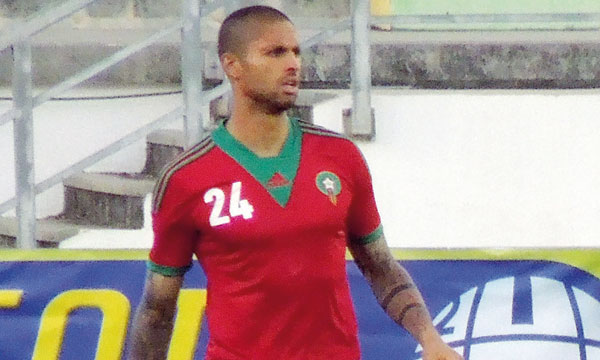AFCON 2015: CAF Slaps Heavy Sanctions on Equatorial Guinea After Semi-Final Chaos
By BBC Sport Africa
Equatorial Guinea, once hailed as the “saviour” of the 2015 Africa Cup of Nations for stepping in as emergency hosts, has now been hit with severe disciplinary sanctions following the violent scenes that marred Thursday’s semi-final against Ghana in Malabo.
On Friday, February 6, the Confederation of African Football’s (CAF) Disciplinary Committee met in the capital to deliver its verdict after the disgraceful events that saw supporters of the host nation throw projectiles, chase rival fans, and disrupt the match for over 30 minutes. CAF invoked Articles 82, 83, and 151 of its Disciplinary Code, which pertain to conduct, security, and host responsibilities.
$100,000 Fine and Medical Costs Ordered
As punishment for what CAF described as the “aggressive and repeat behaviour of its spectators,” Equatorial Guinea has been fined $100,000 (around 57 million CFA francs). Additionally, the country must cover all medical expenses for individuals injured during the violent disturbances at the Estadio de Malabo.
This is not the first time Equatorial Guinea had come under CAF scrutiny during the tournament. After their controversial quarter-final win over Tunisia—marked by highly questionable refereeing in their favour—the host nation was already issued a warning and fined $5,000. That incident, however, now pales in comparison to the scenes of chaos witnessed during the semi-final.
From Rescuer to Repeat Offender
Equatorial Guinea was initially celebrated for rescuing the 2015 tournament after Morocco withdrew over Ebola-related fears. Their hosting efforts were lauded by CAF, and the national team’s spirited performances had captured the imagination of fans. But the back-to-back incidents have severely tarnished that image.
CAF’s firm response sends a clear message that host nations will be held accountable for crowd safety and behaviour, especially when previous warnings have gone unheeded.
Third-Place Match in Question
Following the violence, CAF is also assessing whether Saturday’s third-place play-off between Equatorial Guinea and DR Congo can proceed with fans present or whether it should be held behind closed doors to prevent further disorder.
As the tournament moves towards its conclusion—with Ghana and Côte d’Ivoire set to meet in Sunday’s final—the pressure is now on CAF to restore order and ensure that the remaining fixtures reflect the spirit of African football, not its darker moments.











